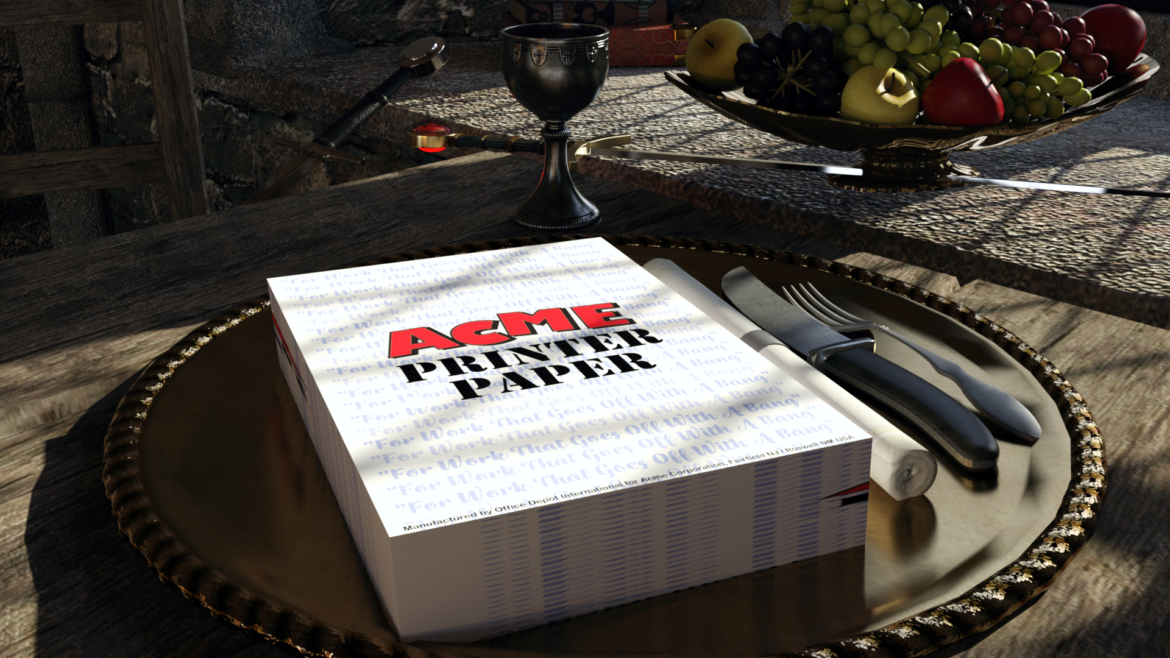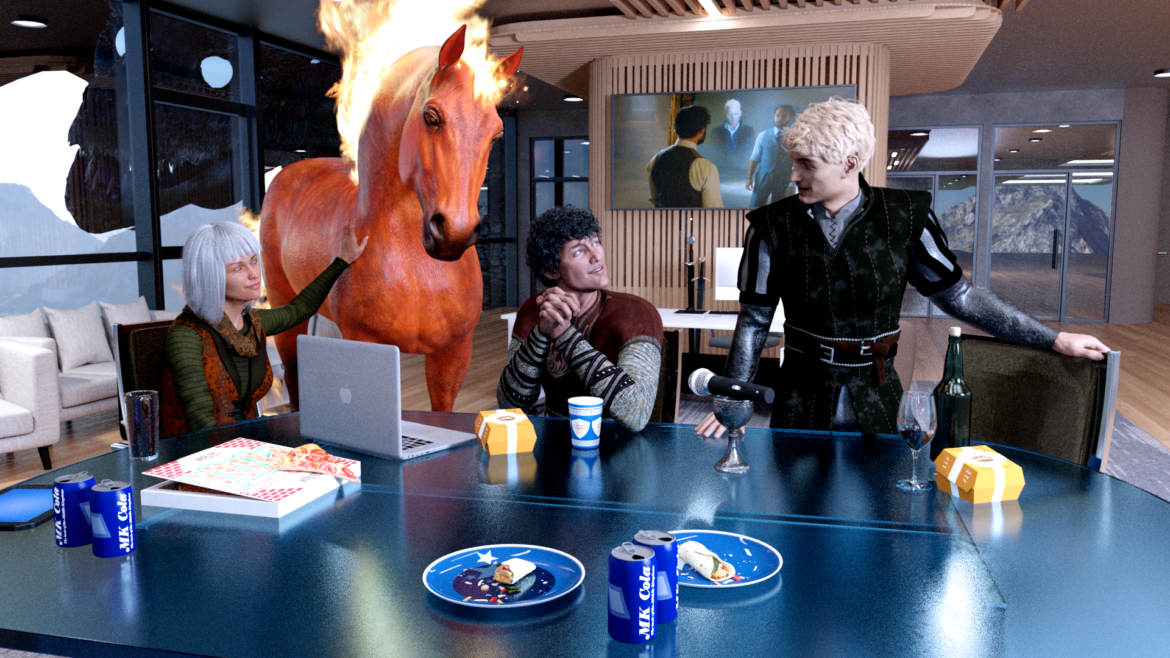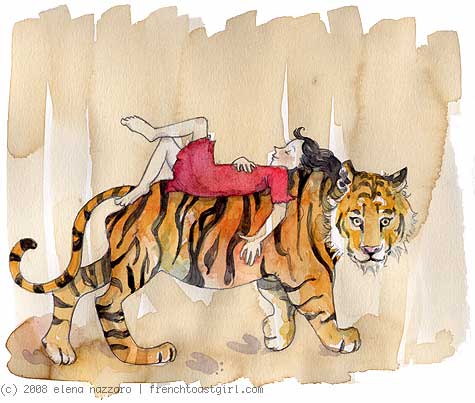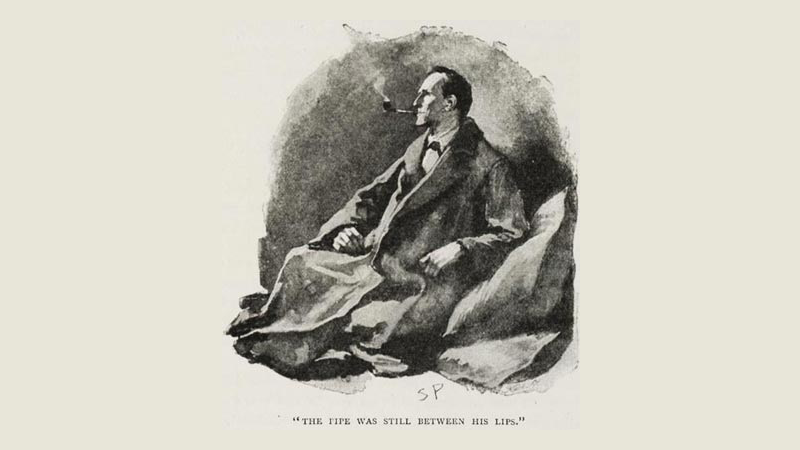How did you get into writing Star Trek novels? Are there any considerations you have to keep in mind when working with someone else’s IP?— marypsue
Let’s break this in two.
First: How did I get started?
I am a first-generation Star Trek fan. I fell in love with ST:TOS* as soon as it premiered, and immediately started writing fanfic in that universe. (It should be mentioned here that – so long before the days of widespread internet-connectedness – not only did I have no idea that other people were doing something very similar, but I had no idea it even had a name. I was writing all alone, in a vacuum, with no support whatsoever… but however accidentally, I’d discovered something invaluable: it made me happy. We’ll come back to this later.)
So. Time went by and I slid from that genre of fanfic-writing into writing fic that was much more Tolkienian in genre, and from there, into writing original fiction that Tolkien would have found, well, rather different. Cutting another longish story short, in 1978/9 I sold and had published my first novel, this one – the initial volume in the LGBTQ-and-poly-ish Tale of the Five / Middle Kingdoms series that would later get me nominated two years running for the Astounding Award for best new writer in the SF/fantasy field.
Now when something like this happens to you, it gets a lot easier to pitch new novels to people. I’m not just talking about the increased attention that awards nominations bring you. But just having a traditionally-published book out tells other potential publishers that you’ve mastered at least some important aspects of the novelist business: (a) being able to conceive of a plot that will sustain a novel-length work, (b) being able to go from concept to starting in on a novel, © being able to finish a novel, and (d) being able to cope with the editorial process – handling suggested edits, dealing with a copyedited manuscript, dealing with proofs, etc etc.
As it happens, while I was dealing with the sequelae to publishing The Door Into Fire – meaning the inevitable question “And what are you going to do next?” – I had also been doing some typing for an acquaintance who was typewriter-challenged. They were writing a Star Trek novel. And I have to say that what I was typing up for them was giving me hives. It was…not anything like what I thought a Star Trek novel should look like. I remember saying to a friend or two, on the quiet, “I could eat a ream of typing paper and barf a better Star Trek novel than this.” And finally one of them – I can’t remember who at the moment, but the odds are it was David Gerrold, who (God love him) has a history of daring me into doing things I want to do anyway – turned around and called my bluff and said, “All right, go on then, quit your kvetching and just go do it.”
Which left me staring at the problem with a lot more intent. Fine, you’re going to pitch a novel to Trek: what story are you going to tell? It’s not like you’re constrained by a TV budget here. Stretch out and tell the biggest Star Trek story you can find: one that can only be told, or best told, in this universe. (This being my working “prime criterion” for stories told in other people’s universes: for best effect the story should only be capable of being told within that set of characters and circumstances. The jewel must be cut to suit the setting, not – however counterintuitive it might seem – not the other way around.)
So I sat with that concept for a while, and eventually the right idea, or set of ideas, presented itself. I can vividly remember the moment. I was sitting on a bus bench near Victory and White Oak in the San Fernando Valley when the idea hit. It was a long time before cellphones, so I had to wait an hour or so to get home so I could call my agent and say “Don, guess what? I’m going to write a Star Trek novel!”
There was the briefest pause, after which he said, only half joking: “Do you have to?” Because both of us knew perfectly well that from Paramount’s point of view, Star Trek novels were merely another kind of merchandising, like plastic phasers and James T. Kirk action figures. (And strictly speaking, regardless of how we love them, they still are.) …But then Don said, “Okay, do an outline and we’ll see what they think.”
And so I wrote the outline, and my agent sent it along to the editor of the Trek books at Pocket – who was then Dave Hartwell (God rest him, a fabulous editor of any and all kinds of SF) – and Dave read it and liked it, and he sent it to Paramount for approval, and they read it and liked it, and gave Dave the go-ahead to buy it. And that turned into The Wounded Sky. (A nice overview is here. But I am also charmed to tell you that this book has its own entry at TV Tropes.) As a tied-for-second novel went – So You Want To Be A Wizard was written at very close to the same time – it doesn’t seem to have done too badly.
Anyway, after that got written and turned in and published, the people at Pocket said to me, “Okay, what have you got for us next?” …It was that simple… and I was that lucky. I liked working with them: they liked working with me: and they liked what I’d done enough to ask for more. So I was in for eight novels more, spread over a fair bit of time. (And I have one more plot lying around that I should really get in touch with present editorial about and see if there’s any interest. You never can tell…)
So that’s how I did it. Everybody else’s mileage will inevitably vary. But I don’t think there’s going to be much argument with the idea that before working with other IP-holders in their worlds, you might usefully do as much work as possible in your own. That way potential publishing partners will have something to look at to help them get a sense of what your voice sounds like outside someone else’s world.
…Now as for working with someone else’s IP – anyone’s – this is how I manage it.
(a) Remember it’s theirs. They were there before you arrived and will doubtless be there long after you’re gone. They own that property, are likely enough to have worked hard on it in their time, and – whether they originated it or are just its buyers – are almost certainly powerfully protective of it. You can press against the edges of their envelope – quite hard, if you’re careful and have permission – but break through the fabric of their corporate reality without warning and you are going to be in deep trouble.
Do your homework. Know your licensor: know their history with other creators. Find out where there have been problems in the past and keep your eyes open for warning signs that you may be discovering some new one. If you were lucky enough to be invited in, act like a considerate houseguest (creatively speaking); while working in that universe, don’t (for example) sneakily attempt to jettison parts of the property that annoy you or covertly subvert bits that seem to call for subversion. (Overt subversion is a different story. Be in communication with your IP owner about this, and you may be able to win them over. [Though you should be prepared for them to take credit for this after the fact.]) If there’s a work-with-us guide or in-house bible, sleep with it under your pillow.
(b) Know your subject / universe. KNOW it. It is an absolute certainty that no matter how well you think you know it, there are fans out there who know it better than you do – massively, obsessively, eat-drink-and-sleep-ively better – and if you put a foot wrong, they will come for you. Leaving aside the issue of not wanting to be left looking like an idiot on the Internet, you ought in any case to be deeply cognizant of your host-world’s internal verities before you can expect to write it flexibly and well.
– And add (b1) to this: Know your characters’ voices. Not just the way they phrase things, but the way they think about things and (possibly more importantly) feel about things. It’s not you the readers will have come for. It’s them. You must channel the core characters at the very least authentically, and (ideally) affectionately, or it’ll all end in tears.
For the duration of this work, you are in service to them. Treat them courteously and give them your best words to speak; but always in their own voices. Don’t be afraid to let them be more real than you are. For a lot of people, unquestionably, they are. If that’s a problem for you, you shouldn’t be doing this kind of work. (At least not more than once.)
© Don’t do it for money. Don’t do it for fame. Do it for love or not at all. Let’s be realistic: any licensing IP is likely to (in the great scheme of things) be far better and more widely known than you are. You may acquire some positive press for your work with it, but in many people’s minds the positivity will have to do far more with the property than with you, regardless of your gifts or how much you love that universe, or whether or not you “came up through the fandom.” As regards money, some licensed work will pay competitively with original work done in the same genre, but most will not. Not even being a Hot Name with a given IP will necessarily guarantee you any kind of serious money. (In particular, IP licensors have a historical tendency to pay lower-than-normally-accepted royalty rates, and in the past it has taken very energetic and insistent agents to break this habit.) It therefore stands to reason that, for the sake of your own best functioning as a writer, you need to be doing work of this kind because you really need to do it (or have done it) to make yourself happy: to scratch a creative itch, or to give something back to a property/universe that you love.
Now, “do it for love” can cover a lot of ground. You don’t have to be head over heels in luuuuuuuurrrrve with a property to write for it well. (In fact I suspect this state could conceivably hinder a writer’s ability to do their best work for a property: you need at least a little separation from it so that you can realistically evaluate how what you’re producing is stacking up.) You can just be in really strong like with a given property. But you ought to be in at least some kind of like. A personal commitment to the stylistic, rational or emotional core of a given property will get you through the times of challenge that will inevitably surround your involvement with it far better than any unrealized hope of a big payday or of more widespread recognition of your own talents.
This may sound heretical, but I don’t believe that licensed work is necessarily most fruitfully viewed as a natural stepping-stone to doing original work. (Or even to becoming a licensor yourself, though that does happen.) I think that, well and thoughtfully handled at both ends of things – the auctorial as well as the editorial – not-your-own-IP-work can be entirely worth doing wholly for its own sake. To write for the enjoyment of readers who’re using licensed work to scratch the same itch or feed the same passion that fanfic readers/writers know – of just wanting more good story in that universe? That’s entirely honorable employment, in my book. You’re an entertainer! Entertain, and fear nothing.
(And read your contracts closely.) 🙂
*A minor edit. These days you have to tell people which Star Trek series you fell in love with as soon as it premiered. What a time to be alive…










